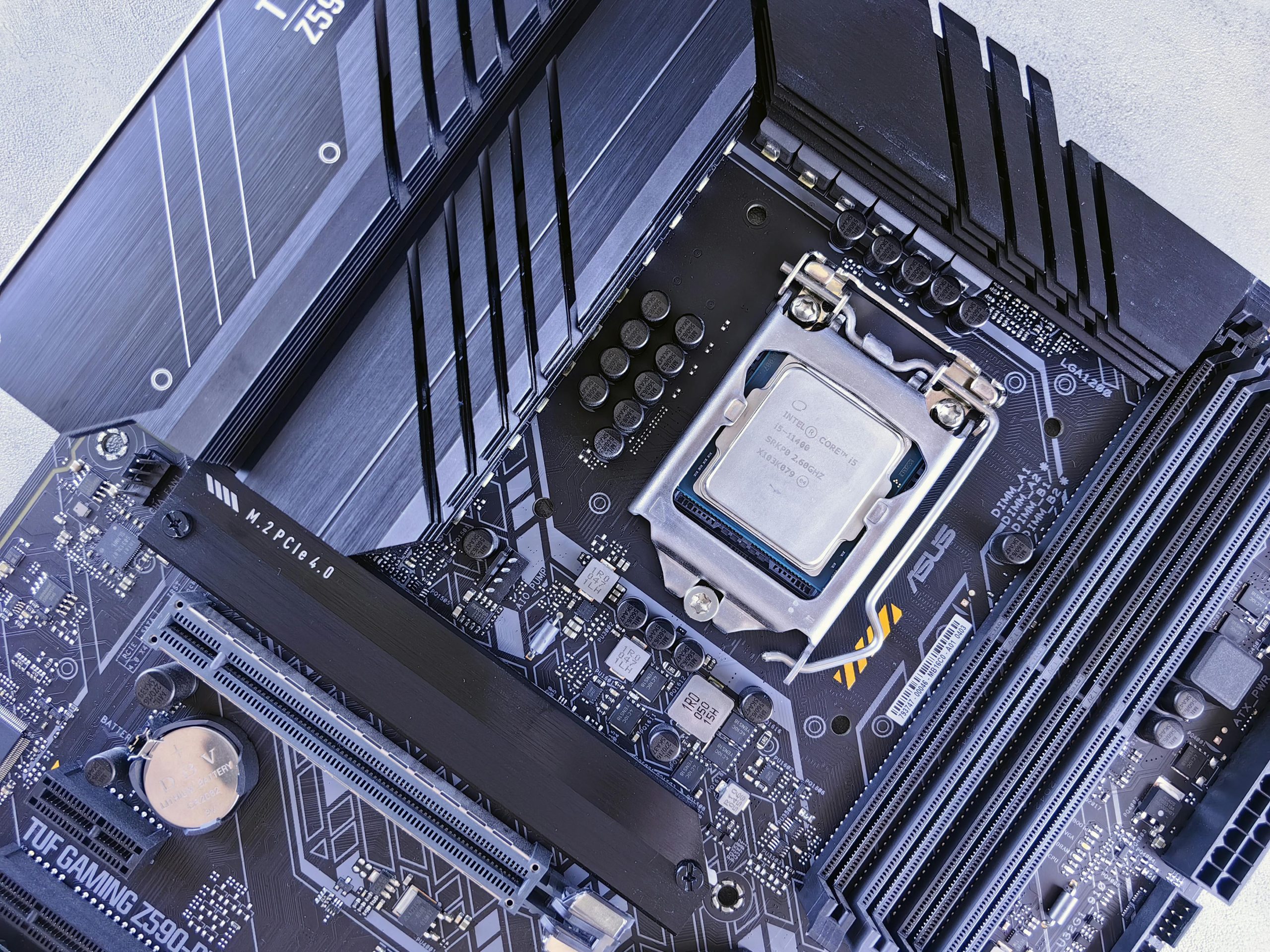Choosing the Right Path: Master’s in Computer Science vs. Applied Data Science
Navigating Higher Education Options: A Young Student’s Perspective
As a 20-year-old student from the Netherlands currently pursuing a Bachelor’s degree in Information Science, I find myself at a pivotal crossroads. In our academic culture, completing a bachelor’s typically takes three years, and advancing to a master’s program is seen as essential for maintaining a competitive edge. Most students in my cohort follow this path, and missing out on a master’s degree could be viewed as a significant disadvantage.
My academic journey is progressing into my third year, where I have the opportunity to select electives and a minor. These choices could help fill any gaps in my bachelor’s coursework and prepare me for graduate studies. I am weighing two options for my future master’s degree: a two-year Master’s in Computer Science or a one-year Master’s in Applied Data Science.
The Appeal of Applied Data Science
Courses in data science have captivated me with their relevance and immediacy. The integration of practical skills and the shorter duration of the program make it an attractive option. If I decide to specialize in data analytics and Machine Learning, this pathway could accelerate my entry into the workforce.
However, I have some reservations. Data science currently feels highly specialized, which raises concerns about long-term career flexibility. If I develop a dislike for the field, or if advancements in artificial intelligence automate certain tasks, I worry I might be left with a narrow skillset that limits future opportunities.
The Broader Scope of Computer Science
On the other hand, a Master’s in Computer Science promises a more comprehensive education. It covers a wider range of topics—from algorithms to systems architecture—and provides a solid foundation that can adapt to various tech roles. The trade-off is the additional two years of study, which involve more challenging coursework and possible delays in entering the job market.
Job Market Considerations
According to the U.S. Bureau of Labor Statistics, employment for data-related roles is projected to grow by approximately 36% through 2033 (source). While this is promising, I remain cautious about how emerging AI technologies might disrupt demand in the future. If the growth holds steady, data science skills will be highly valuable; if AI automation reduces the need for human analysts, the value of this specialization could diminish.
Striking a Balance: Passion vs. Long-term Stability
Though the common advice suggests “follow your passion,” I am
